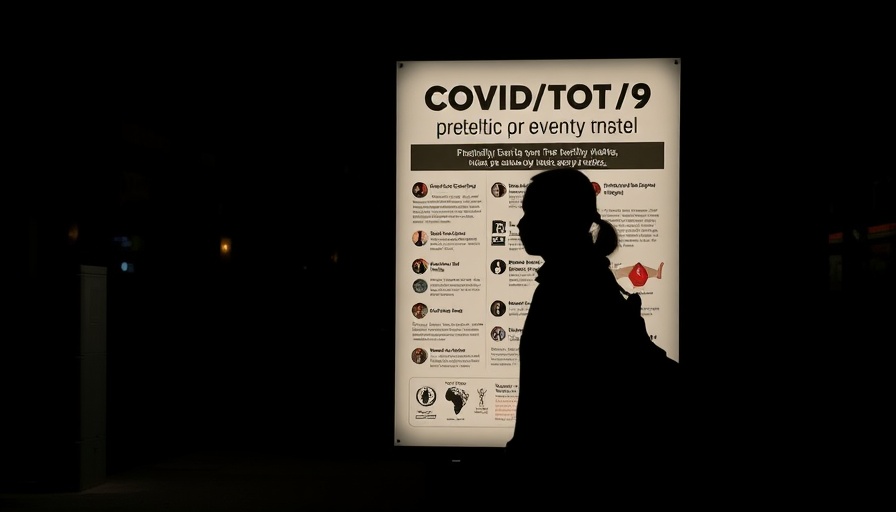
The Double Threat to Public Health: Understanding the Crisis
Public health is currently experiencing a crisis that can be described through the lens of what’s known in medical circles as the "two-hit hypothesis." In cancer research, this theory states that two genetic mutations can lead to the disease. Analogously, public health is facing dual challenges that could be equally catastrophic. Recent funding cuts to both federal and local health systems significantly jeopardize efforts that have historically safeguarded community health.
The Impact of Funding Cuts on Local Communities
Funding deficits in health departments are creating vulnerabilities. Not only do these cuts limit the effectiveness of disease control efforts, but they also threaten programs addressing broader health issues, including mental health, substance use, chronic disease prevention, and environmental safety. For example, local health departments are left to tackle diseases such as measles without the full support of federal resources, putting more pressure on them during critical outbreak periods.
Transitioning Responsibilities in Public Health
As the CDC becomes less involved in disease surveillance and updates due to administrative changes, other entities are stepping in. State departments and academic institutions have started to fill the gap, supplying information on public health concerns. This shift illustrates the critical need for supportive federal policies and funding to enable local departments to handle these responsibilities effectively.
What Lies Ahead for Public Health?
Moving forward, it is crucial to recognize that the health of communities depends on adequate investment and support at both state and federal levels. Without necessary funding and resources, efforts to curb infectious diseases and promote general health are likely to falter, potentially resulting in widespread health crises.
The awareness surrounding these issues serves as a powerful reminder: informed communities are better equipped to advocate for their health needs, ensuring public health remains prioritized as a vital service. As we collectively navigate these challenges, the strength of community engagement could prove pivotal.
 Add Row
Add Row  Add
Add 




Write A Comment